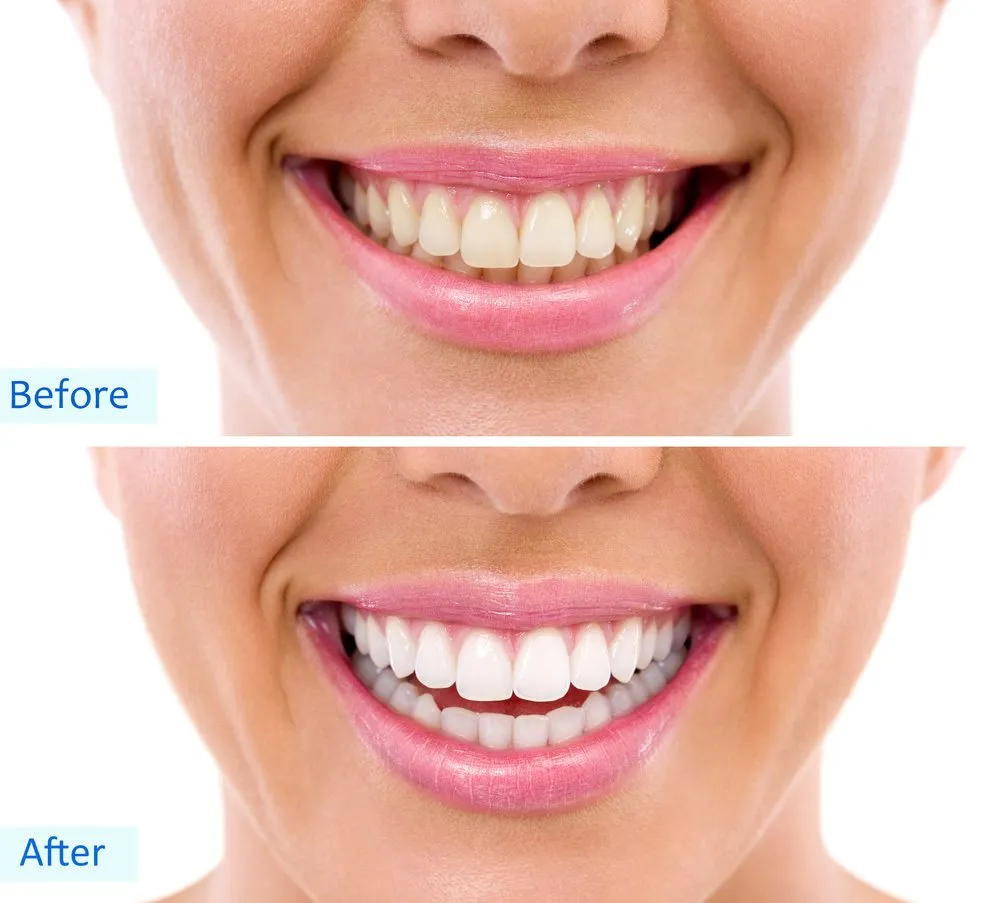The Cost of Teeth Whitening Top 5 Factors
Teeth whitening is one of the most popular cosmetic dental procedures, offering a brighter, more confident smile. However, the cost of teeth whitening can vary significantly. Several factors influence the final price. Understanding these can help you budget effectively and make informed decisions about your treatment options. From the type of whitening treatment to the dentist’s fees and your geographical location, this guide explores the top 5 factors that determine the cost of teeth whitening, helping you understand the expenses involved and how to find the best value for your investment. This will help you make a well-informed decision about achieving a brighter smile.
Type of Whitening Treatment
The method you choose significantly impacts the cost. Professional teeth whitening performed by a dentist usually costs more than at-home treatments because it involves advanced techniques and stronger bleaching agents. However, professional treatments often provide faster and more dramatic results. On the other hand, at-home kits are typically more budget-friendly, offering convenience. The best option depends on your budget and desired results. The choice between professional and at-home treatments determines a significant portion of the overall cost, so it is important to be informed about each option.
In-Office Whitening
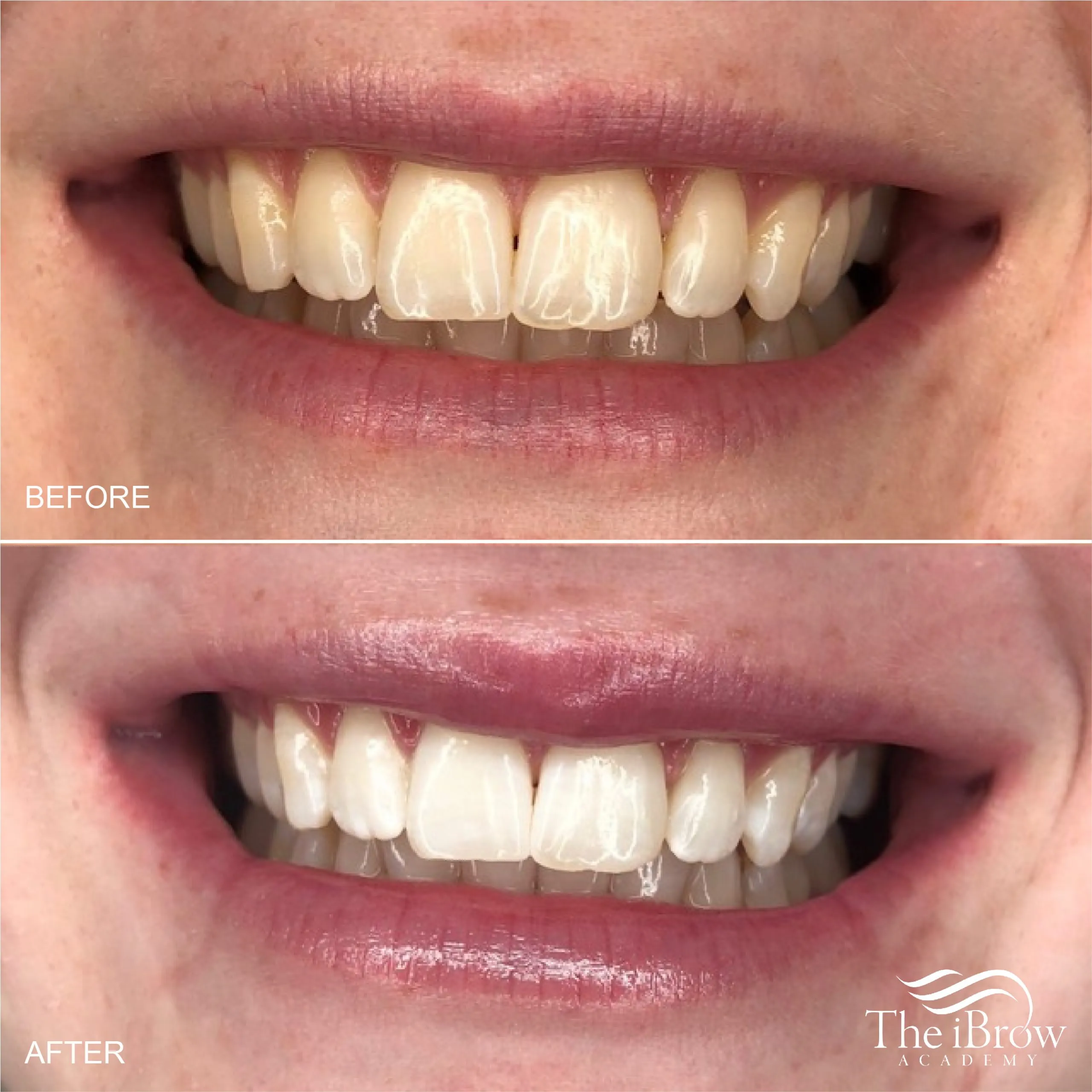
In-office teeth whitening, also known as chairside bleaching, is the most expensive option, but it delivers immediate results. A dentist applies a high-concentration bleaching agent to your teeth, often using a special light or laser to enhance the whitening process. The cost includes the dentist’s time, the use of professional-grade materials, and the specialized equipment. The average cost ranges from $500 to $1,500 or more, depending on the clinic’s location and the specific technology used. While this is the pricier option, many patients appreciate the convenience and the dramatic improvement in just one appointment. The result is a significantly brighter and whiter smile. (Image - in-office-teeth-whitening.webp)
At-Home Whitening Kits
At-home whitening kits are a more affordable alternative. These kits typically include custom-fitted trays or strips that you fill with a lower-concentration bleaching agent and wear for a specific period each day. The cost of these kits varies depending on the brand and the concentration of the bleaching agent. You can find over-the-counter kits at drugstores or online, which are generally the least expensive. Your dentist can also provide professional at-home kits that offer stronger bleaching agents and custom-fitted trays for a better fit and more effective results. These options range from $100 to $600, depending on the type and the dentist’s fees. While at-home treatments take longer to show results, they are a cost-effective way to improve your smile. (Image - at-home-teeth-whitening-kit.webp)
Professional vs. Over-the-Counter Options
Choosing between professional and over-the-counter options also affects the cost. Professional teeth whitening offers the advantage of a dentist’s expertise, stronger bleaching agents, and the ability to address specific dental issues such as sensitivity. Over-the-counter options are generally cheaper but may not be as effective and could potentially cause irritation if not used properly. The price difference reflects the level of care and the quality of the materials used. A dentist can also assess your oral health and ensure that whitening is safe and appropriate for your teeth, avoiding potential complications.
The Dentist’s Fees and Charges

Dentist fees encompass the cost of the procedure, the expertise, and the materials used. Highly experienced dentists might charge more for their services. Understanding the different components of the fees can help you compare prices and choose a dentist that meets your needs and budget. Be sure to inquire about all the potential charges before committing to any treatment. (Image - dentist-fees-charges.webp)
Initial Consultation and Exam
Many dentists require an initial consultation and exam before teeth whitening to assess your oral health and determine if you are a suitable candidate. This exam may include X-rays, a dental cleaning, and an evaluation of any existing dental work. The cost of the consultation and exam is separate from the actual whitening procedure and can range from $50 to $200 or more, depending on the extent of the examination and any additional services provided. This initial step ensures that the whitening procedure is safe and effective for your specific needs.
The Dentist’s Expertise
The experience and expertise of the dentist also influence the cost of teeth whitening. Dentists with advanced training or specialized knowledge in cosmetic dentistry may charge higher fees for their services. However, their expertise can contribute to better results and minimize the risk of complications. Researching dentists and reading reviews can help you find a qualified professional who offers competitive pricing. Consider the dentist’s qualifications, experience, and reputation when evaluating the cost of treatment. The expertise of the dentist is crucial for the success of the whitening procedure.
Geographic Location
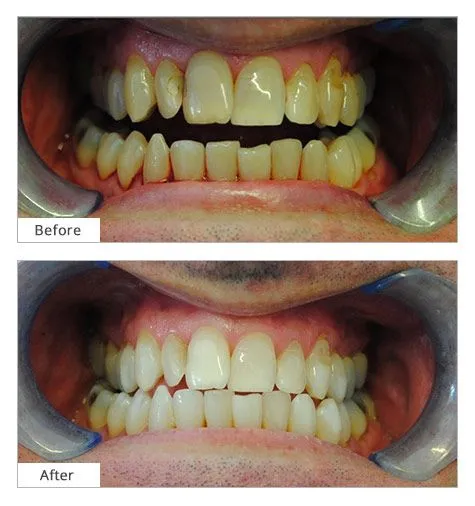
The geographic location of the dental practice plays a significant role in determining the cost of teeth whitening. Dental practices in urban areas typically charge more than those in rural areas due to higher operating costs, including rent, utilities, and labor. Researching the average cost in your specific area will provide a clearer understanding of what to expect. Comparing prices from different dental practices in your area can help you find a cost-effective option. (Image - geographic-location.webp)
Urban vs. Rural Pricing
Dental practices in urban areas tend to have higher overhead costs compared to those in rural areas, leading to higher prices for teeth whitening. The cost of rent, utilities, and staff salaries in urban centers are typically higher. However, urban practices may also offer a wider range of services and advanced technologies, which could justify the higher prices for some patients. Weigh the costs and benefits of each location to determine what works best for your budget and expectations.
Cost of Living in Your Area
The overall cost of living in your area also affects the price of dental services. Areas with a higher cost of living, such as major cities or affluent communities, tend to have higher dental fees. This is because dentists in these areas face higher expenses, which they pass on to their patients. Before making a decision, check average dental costs in your area. Take into account the average income levels and general economic conditions. This helps you understand and budget for the expected expenses.
Your Dental Health Condition
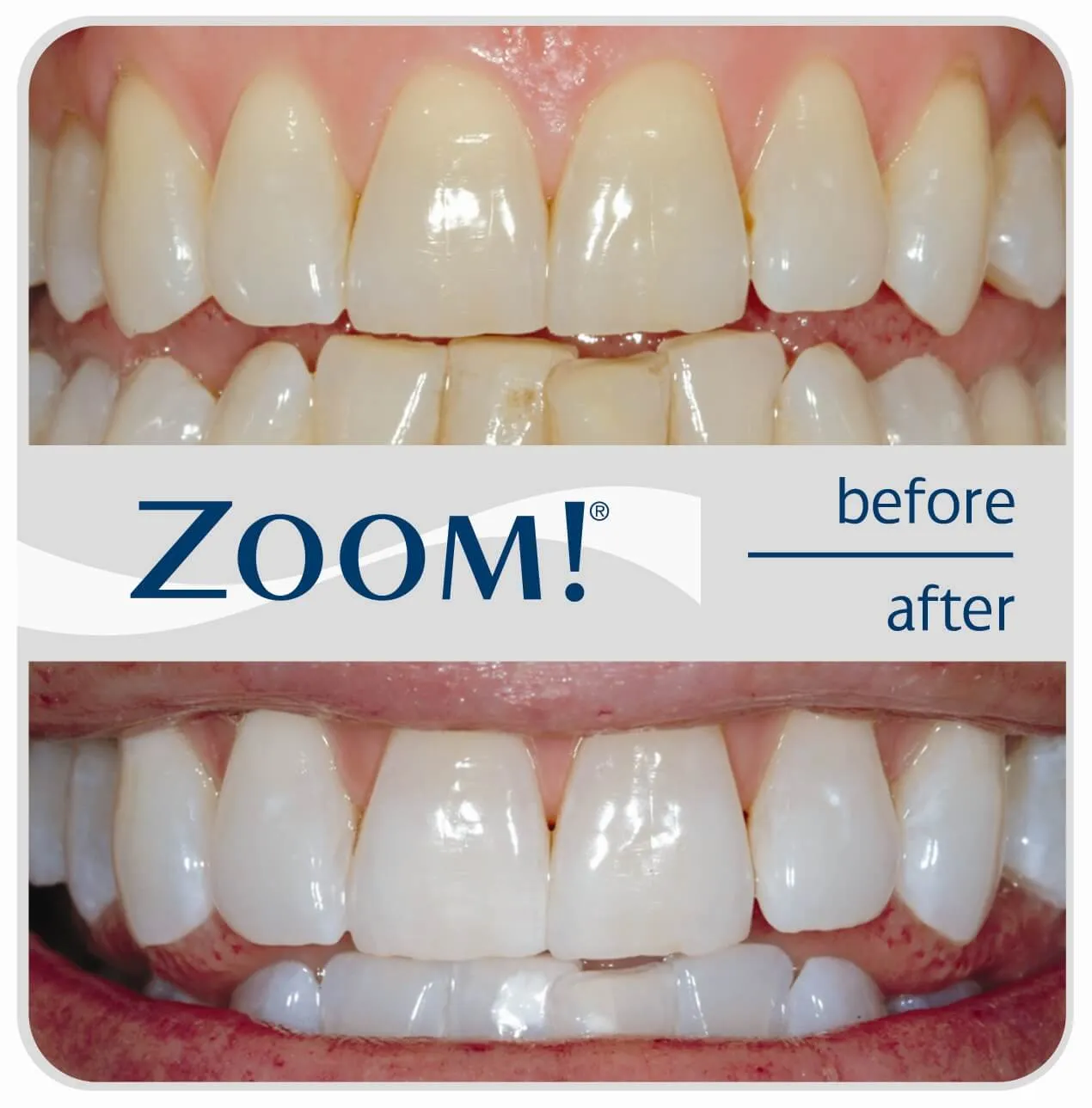
Your existing dental health conditions can impact the teeth whitening cost. If you have underlying dental issues such as cavities, gum disease, or existing dental work, these issues must be addressed before whitening. Additional procedures to address these issues will add to the overall cost. A dentist will assess your oral health before starting a whitening procedure. It is important to have any dental problems resolved before whitening to ensure a safe and effective outcome. (Image - teeth-staining.webp)
Severity of Staining
The severity of the tooth staining influences the cost of teeth whitening. If you have more significant discoloration or stains, you may need multiple treatments or stronger bleaching agents, which increases the overall cost. Severe stains resulting from medications, aging, or other factors can be more difficult to remove. The dentist will assess the severity of the staining during the initial consultation. This helps them determine the appropriate treatment plan and provide an accurate cost estimate. More difficult cases will require more time and resources, which increase the overall cost.
Pre-existing Dental Work
Existing dental work, such as fillings, crowns, or veneers, does not respond to teeth whitening. If these restorations are visible, they will not whiten along with your natural teeth. In some cases, you may need to replace existing dental work to match your newly whitened teeth. Replacing dental work can significantly add to the cost. Discuss your dental history with your dentist. This will help ensure that the teeth whitening procedure delivers the desired results and does not cause any aesthetic or functional issues. The dentist will guide you through all potential costs.
Additional Costs and Considerations
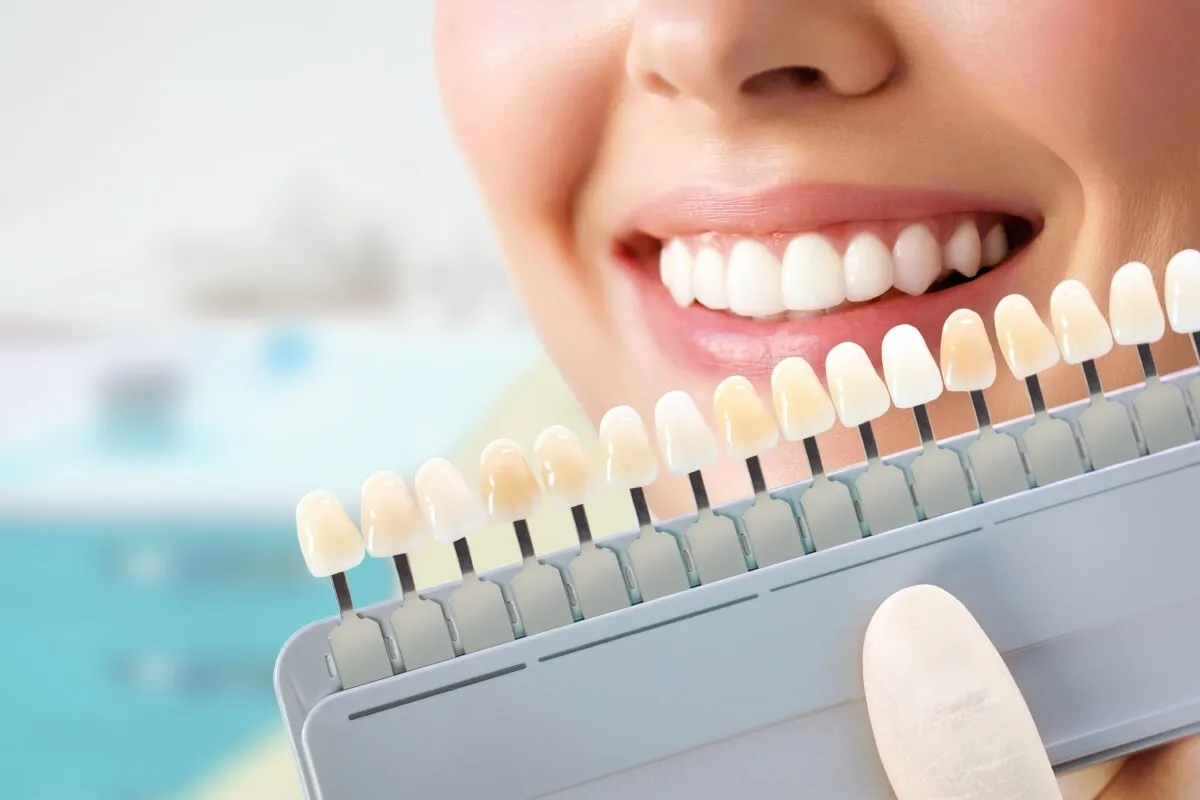
Besides the core costs, there are other factors that influence the overall expenses of teeth whitening. These considerations include maintenance appointments, sensitivity treatments, and the need for touch-up treatments. Understanding these additional costs and taking steps to maintain your results helps ensure that you get the most from your investment. By being aware of the long-term implications, you can make an informed decision about your teeth whitening procedure and manage your budget effectively.
Maintenance and Follow-up Appointments
After teeth whitening, follow-up appointments and maintenance treatments may be necessary to maintain your results. Depending on your lifestyle and habits, you may need to repeat the whitening procedure every few months or years. The cost of touch-up treatments will depend on the type of whitening you choose and the dentist’s fees. Following your dentist’s instructions and using at-home maintenance products, such as whitening toothpaste or touch-up trays, will help prolong the results and reduce the need for frequent professional treatments. Maintaining your bright smile requires a long-term commitment.
Sensitivity Treatments
Some individuals experience tooth sensitivity after teeth whitening. The cost of sensitivity treatments varies depending on the severity of the sensitivity and the treatments your dentist recommends. Sensitivity can typically be addressed with fluoride treatments, desensitizing toothpaste, or other specialized products. Discuss any sensitivity concerns with your dentist before the procedure. They can recommend preventive measures to minimize discomfort. The cost of these treatments should be factored into the overall budget. Addressing sensitivity issues will help ensure your comfort during and after the teeth whitening procedure.
How to Get Affordable Teeth Whitening
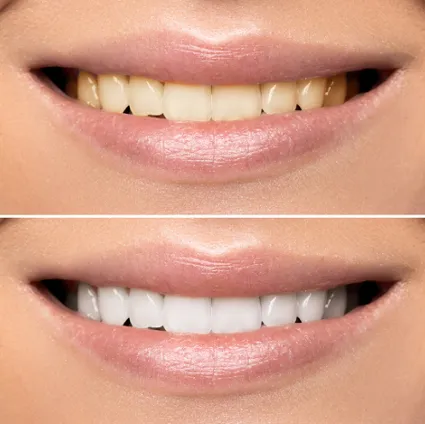
To make teeth whitening more affordable, compare prices from different dental practices in your area. Ask about payment plans or financing options to spread out the cost. Consider at-home whitening kits or explore dental schools or clinics that offer lower prices for services. These institutions often provide high-quality care at reduced rates. Always prioritize a dentist’s qualifications and experience. While it is tempting to choose the cheapest option, the quality of care and the dentist’s expertise are critical to successful teeth whitening. (Image - affordable-teeth-whitening.webp)
In conclusion, the cost of teeth whitening depends on multiple factors. These include the type of treatment, dentist fees, geographic location, your dental health, and additional considerations. By understanding these key elements and doing your research, you can make an informed decision and find a teeth whitening solution that fits your budget and meets your needs. Prioritize professional consultation, evaluate your options, and take steps to maintain your results. This helps ensure that you get a brighter, more confident smile. Remember, it’s an investment in your appearance.
